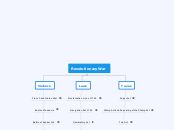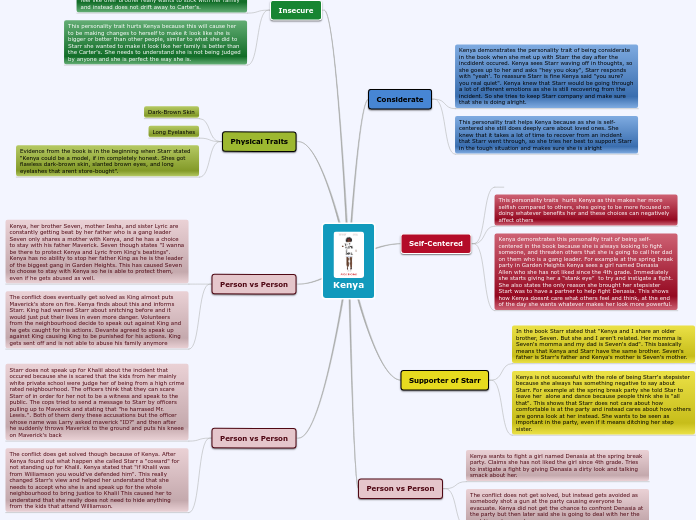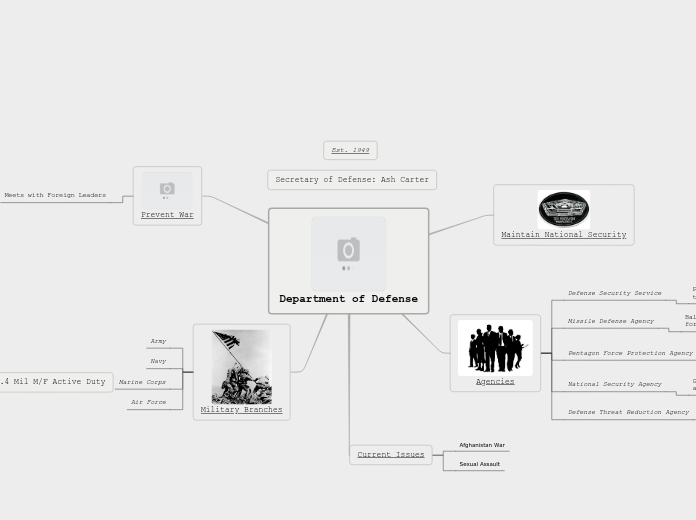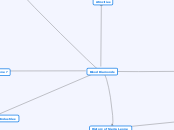Revolutionary War
Taxes
Sugar Act
The Sugar act was about adding taxes on to products of sugars.
The Sugar act was also known as American Revenue Act, or the American Duties Act, because it was arsing the money on sugar.
Stamp Act and Repealing of the Stamp Act
After months of protest, and an appeal by Benjamin Franklin before the British House of Commons. Parliament voted to repeal the Stamp Act on March 18, 1766. But at the same day the parliament passed the Declaratory Acts, giving the British all of their freedom. The Declaratory Act was basically giving the British control over everything they own and their colonies.
Tea Act
In 1773 the British passed the tea act. The tea act was passed because to help the British East India Company, Their most important company. The company made most of their money by selling tea and selling tea made they're money chart go off the roof. They started selling tea in other colonies. When the tea act was passed it lowered the price of tea which made the British upset because tea was valuable to them.
Laws
Proclamation Line of 1763
In 1763, at the end of the French and Indian War, the British enforced a law, mainly to stop them from being upset or angry the Indians by checking the encroachment of settlers on their lands. This proclamation, which closed down colonial expansion westward, was the first measure to affect all thirteen colonies.
Navigation Act 1763
The Navigation Act 1651 was about excluding the Dutch from the profits English trade. The mercantilism theory was that Navigation Acts assumed that world trade fixed the colonies existed the for parent country. The Navigation Acts stopped the american trade.
Declaratory Act
The Declaratory Act was repeal against the stamp act and leasing the sugar act. The Declaratory Act was passed by the British parliament to affirm its power to legislate for the colonies “in all cases whatsoever” so basically like I said they were giving away there freedom. The declaration stated that Parliament's authority was the same in America as in Britain. The British were just being be bully's and taking over things that don't belong to them. They went around enforcing these dumb rules to take away peoples freedom.
Townshend Act
People were giving the commissioners the power to search homes and private warehouses for smuggled items or stolen things. That had entered the colonies without payment, I think this was a law because people let them do it and they do this often.
The Introlerable Acts
The Tea Party incident in Boston outraged the British Government, The king George The III called for a consequence to show if anyone else tries to do something like that again there well be disciplinary actions. In response to the tea act or the incident the parliament passed four laws. These laws were so harsh that they called them the Intolerable Acts. The first law closed down the port of Boston.
Quartering Act
Quartering Act is a name given to two or more Acts of British Parliament requiring local governments of the American colonies to provide the British soldiers with housing and food. Each of the Quartering Acts was an amendment to the Mutiny Act and required annual renewal by Parliament.
Violence
French and Indian War
French Indian war started in 1754 and ended in 1763.
The war made the British stronger. The French and Indian War was fought to decide if Britain or France would be the strong power in North America. France and its colonists and Indian allies fought against Britain, its colonists and Indian allies. The war began with conflicts about land. Britain claimed the same land. The England ended with dept and they have to pay for it.
France , Britain (England) and the native Americans(Huron, Iroquois and Mohawk.) Winner would control the development of North America. England wins, however , they are left with a huge debt after war.
Boston Massacre
:The Boston Massacre is about the Americans protesting about taxes and how there getting low pay and someone throw something at the Britain soldiers and one of the soldiers hit one of the protesters.
:Then the Protesters started attacking the Britain soldiers and then the Britain soldiers starting killing the unarmed protesters and kill 5 people.
Battle of Bunker Hill
What happened in the battle? British won but, British won but many people died. Colonist lost but everyone wanted to join there army now, the battle gave everybody courage to stand up to Britain.
: Where was the battle Fought? Bread hill and they accidentally missed named the battle.
: Who was involved? Colonel William Prescott, Major John Pitcairn, Joseph Warren.
: Why is the battle important?
Sons and Daughters of Liberty
The Son and Daughters of liberty signifies the formal women Patriot association that was formed in 1765 to protest the Stamp Act and later the Townshend Acts.
The Boston Tea Act
The Sons of Liberty organized a group that will help them stop the East India Company unload any tea. They threatened any one who would buy the tea and the ship Captains who delivered the tea. NO tea was bought or sold in New York, Philadelphia, or other ports but Boston Governor Thomas Hutchinson made sure that tea was to be sold. He would not give the grew ships any paper that would allow them to come back to England. Governor Refused to let them come back so when the first ship went down their the cargo would be unloaded. For a wile fillings were intense in Boston.
Battle of Lexington and Concord
The Battles of Lexington and Concord were the first military engagements of the American Revolutionary War. The battles were fought on April 19, 1775 in Middlesex County, Province of Massachusetts Bay, within the towns of Lexington, Concord, Lincoln, Menotomy, and Cambridge.









